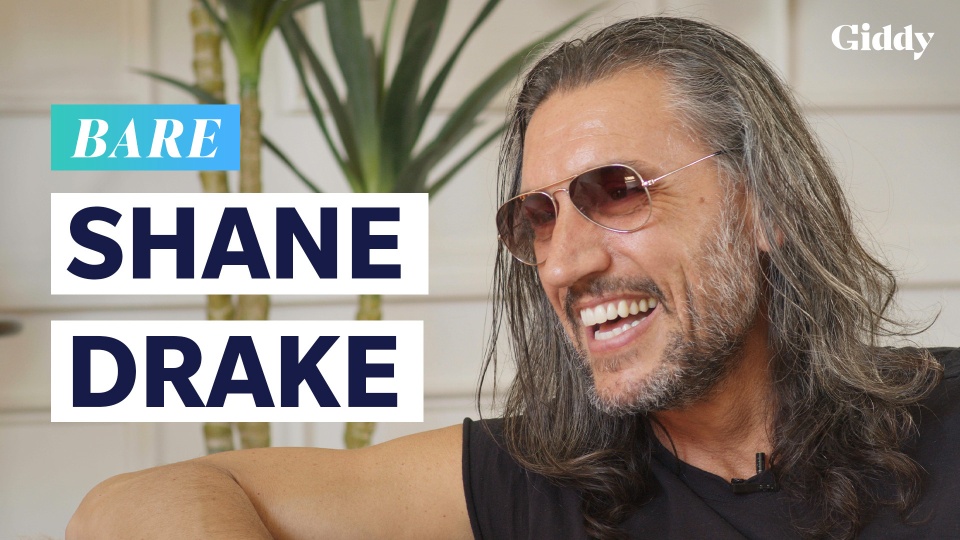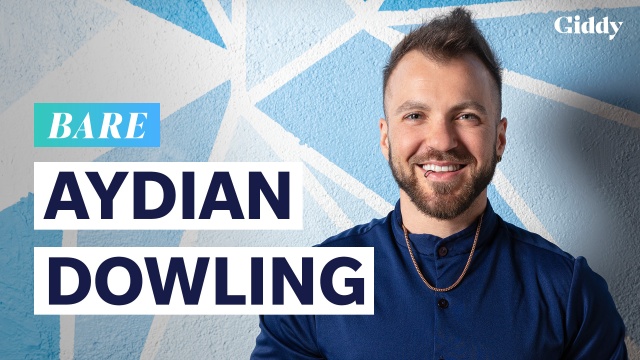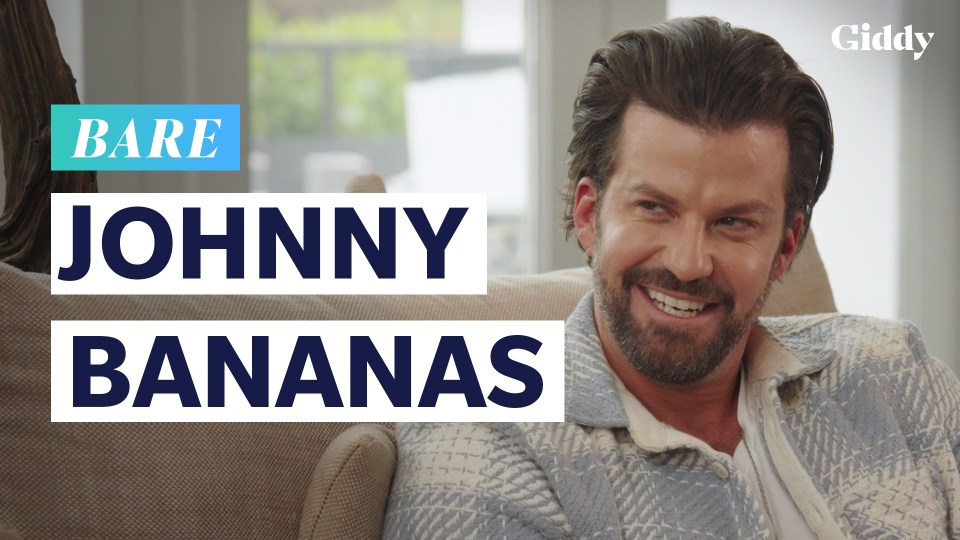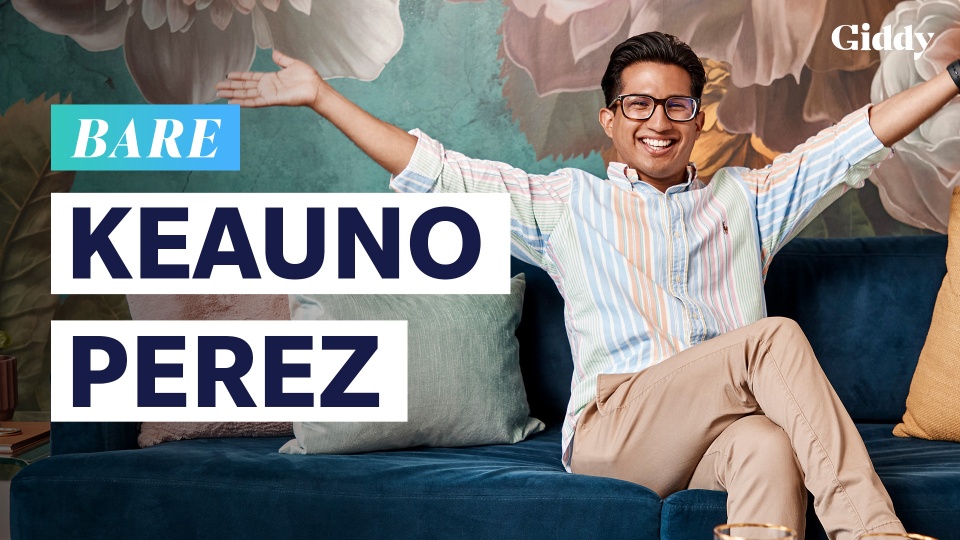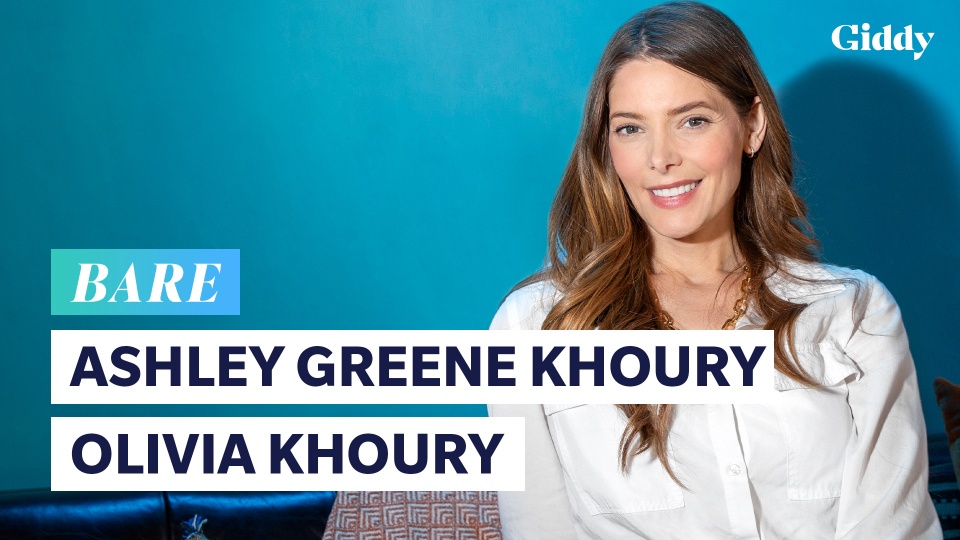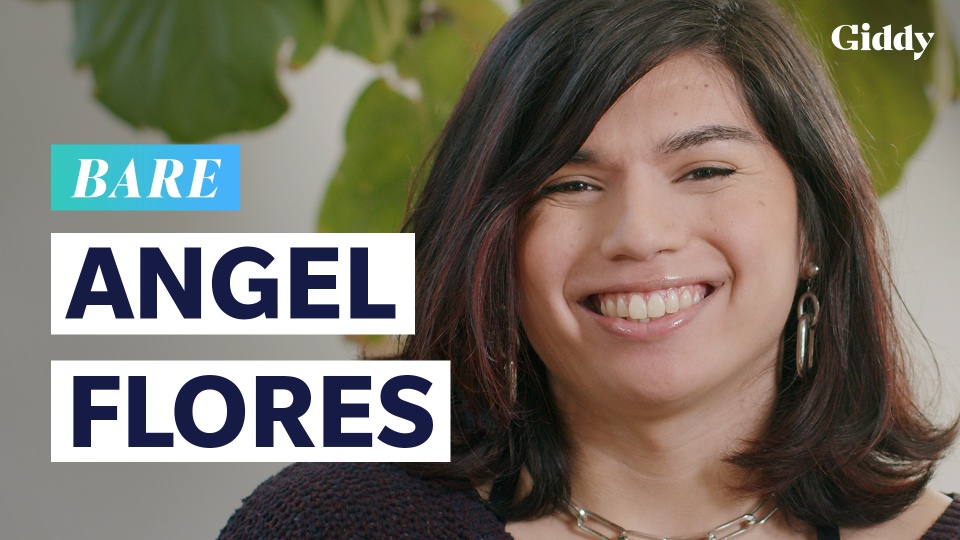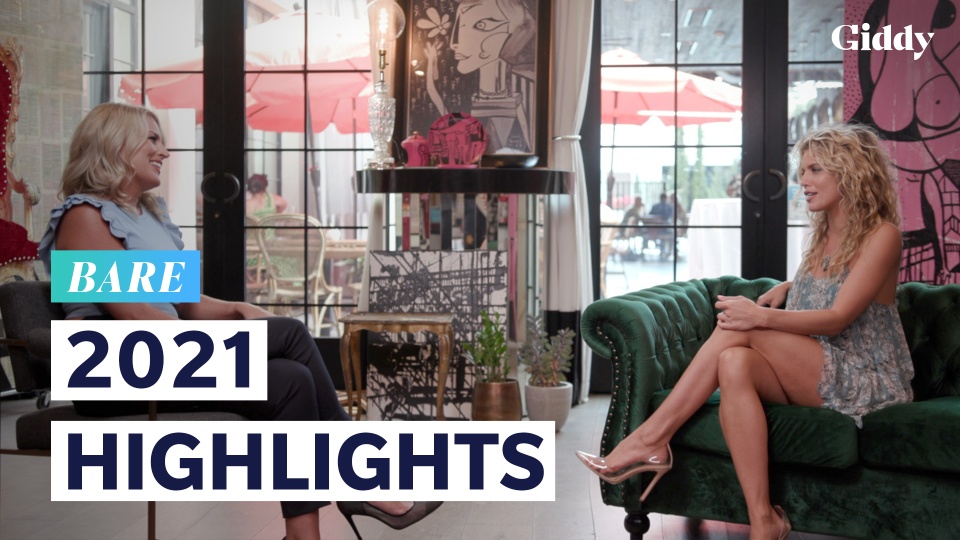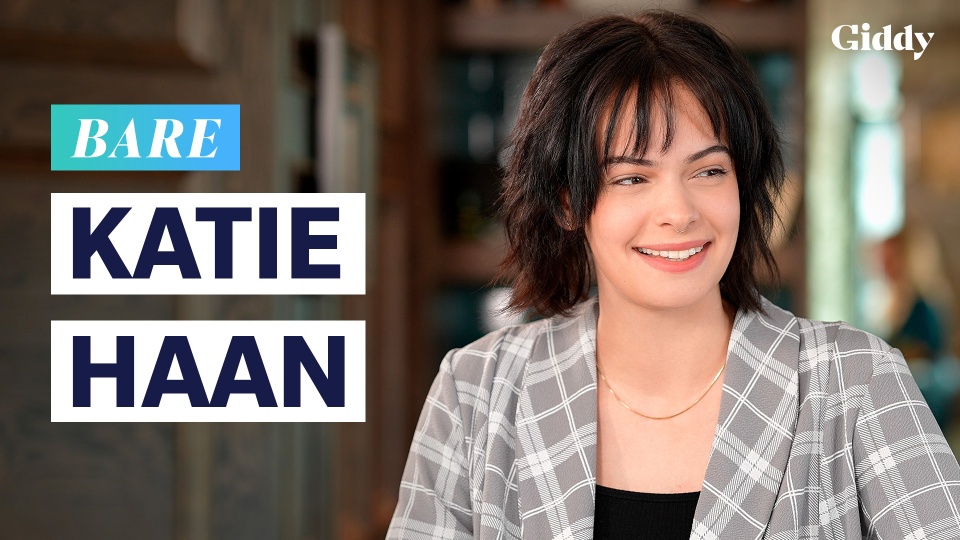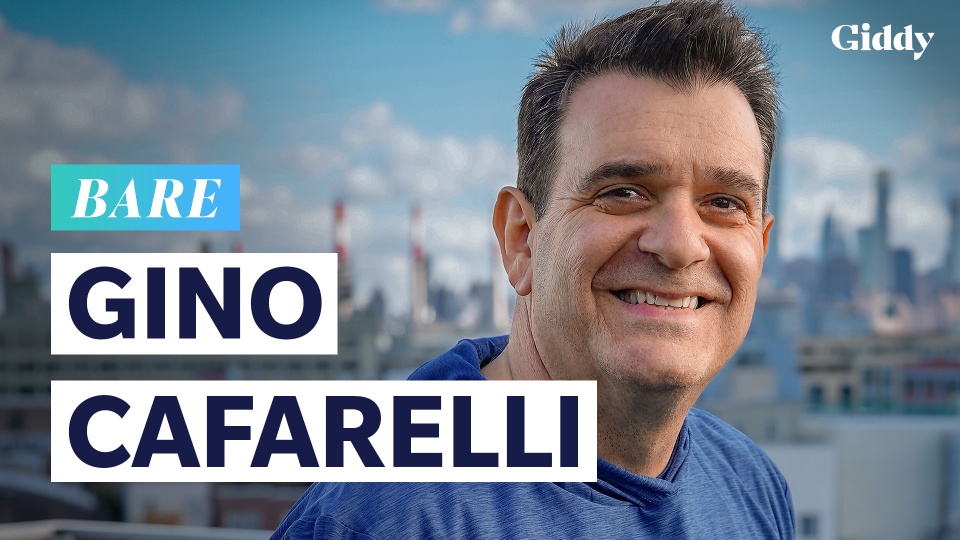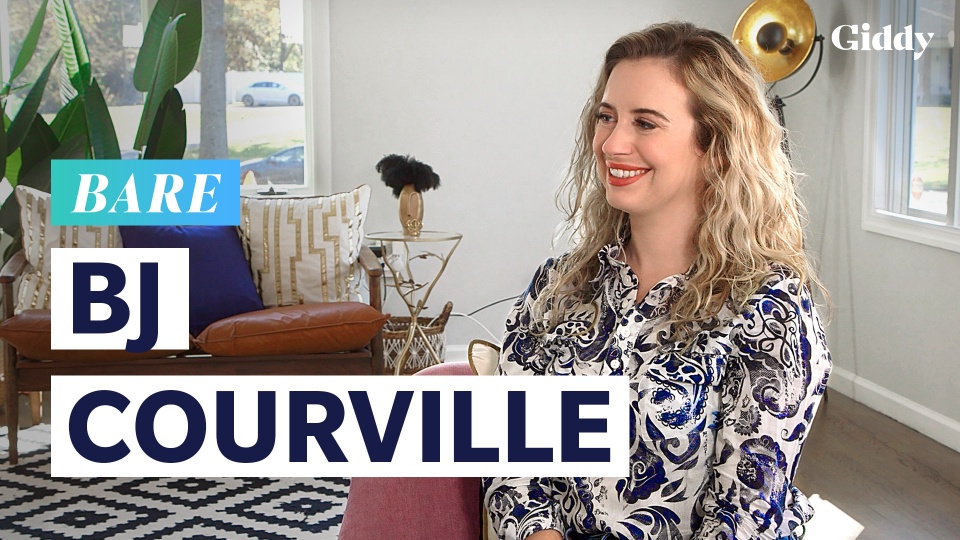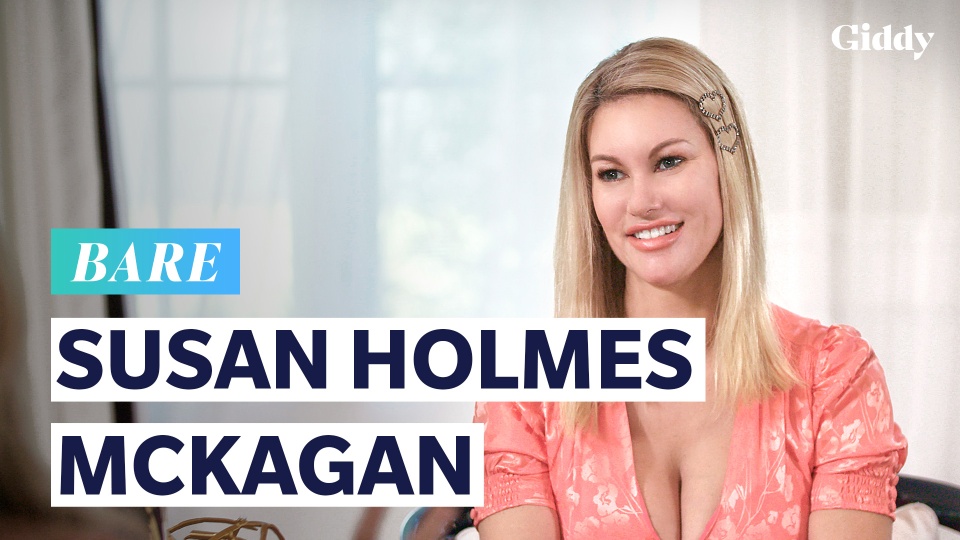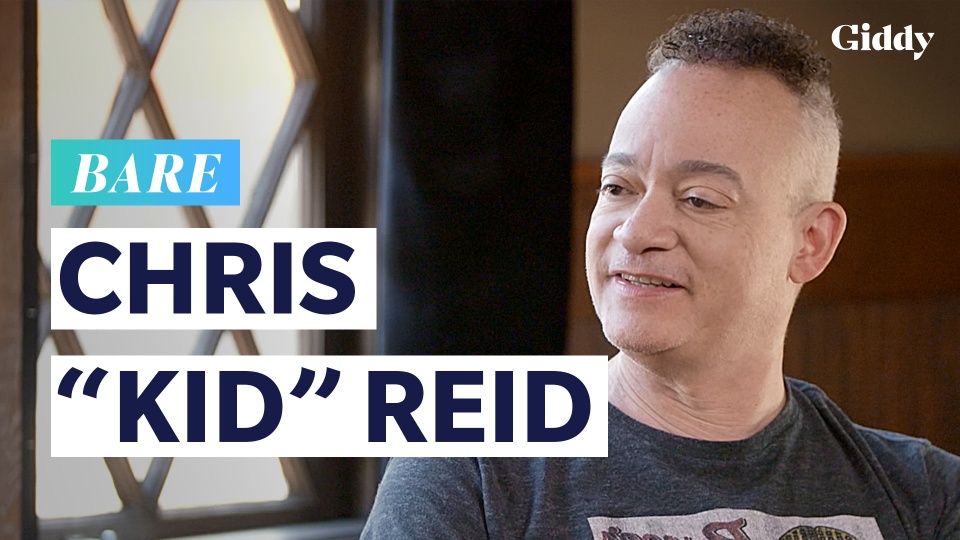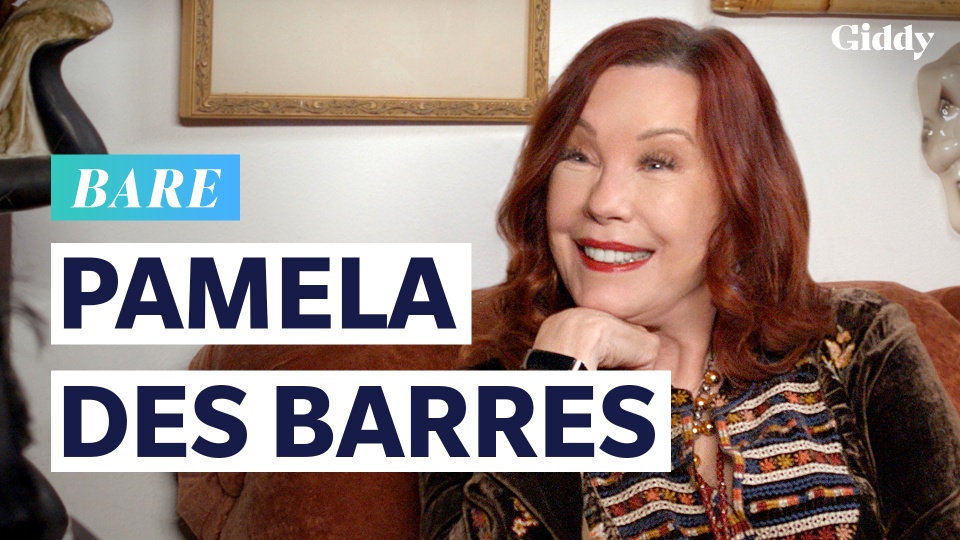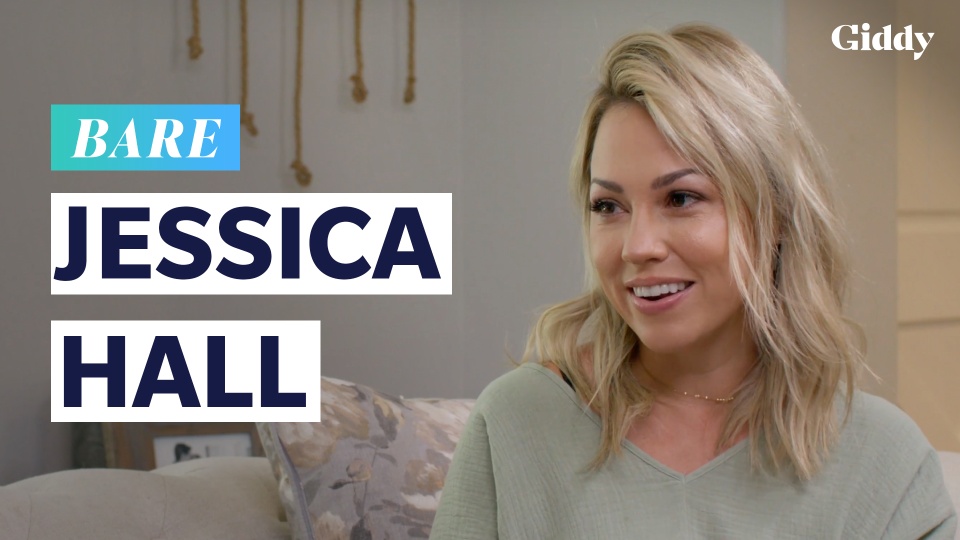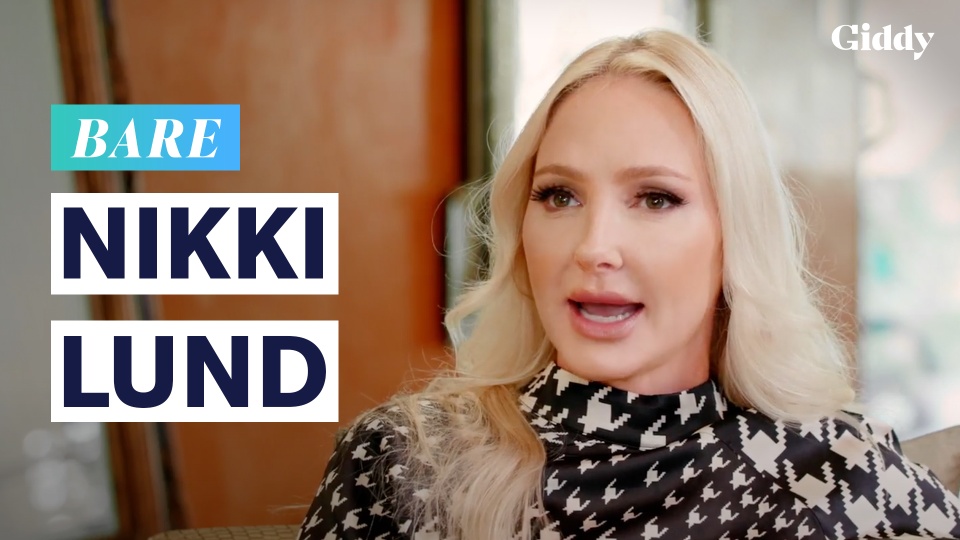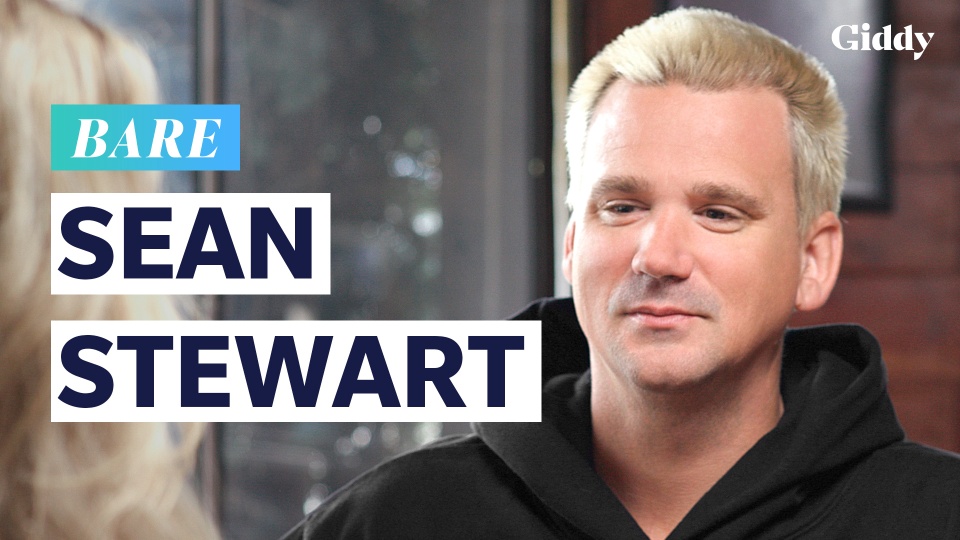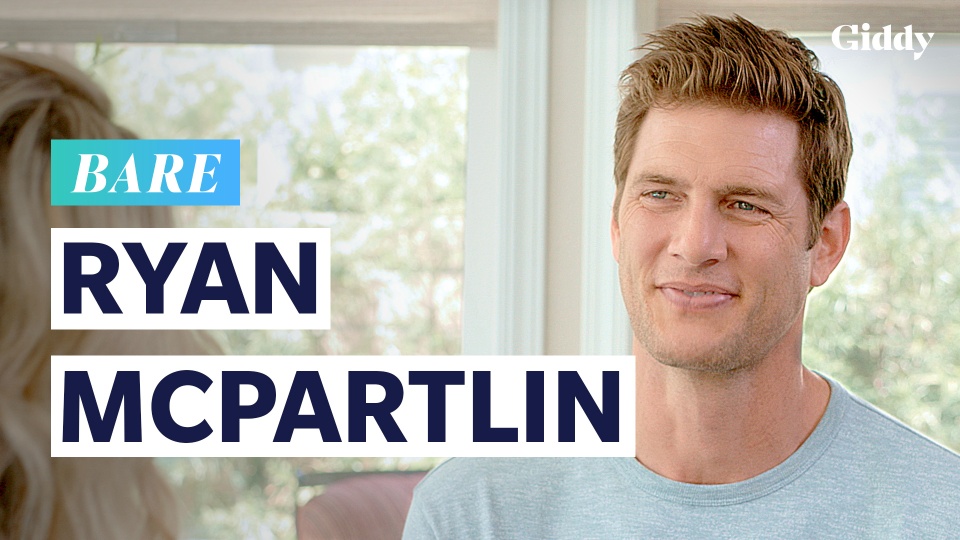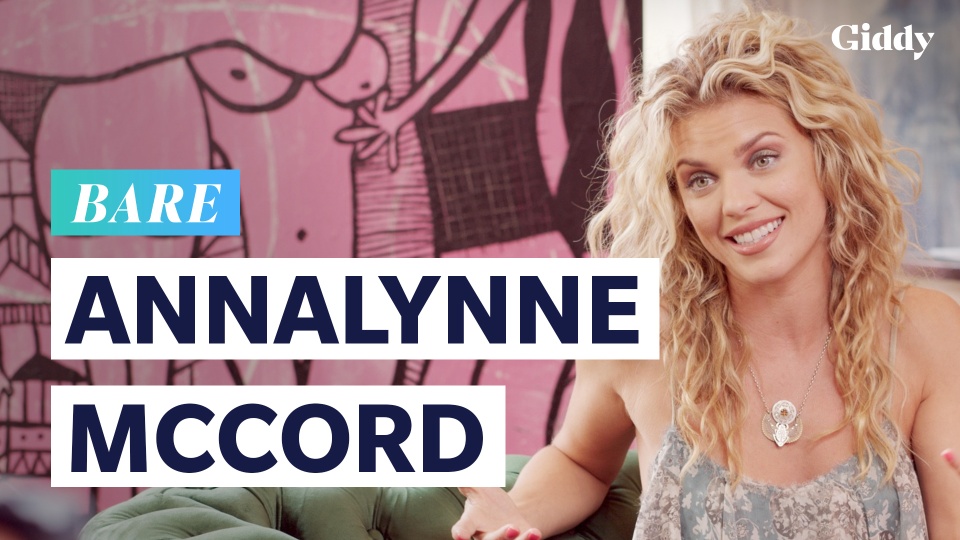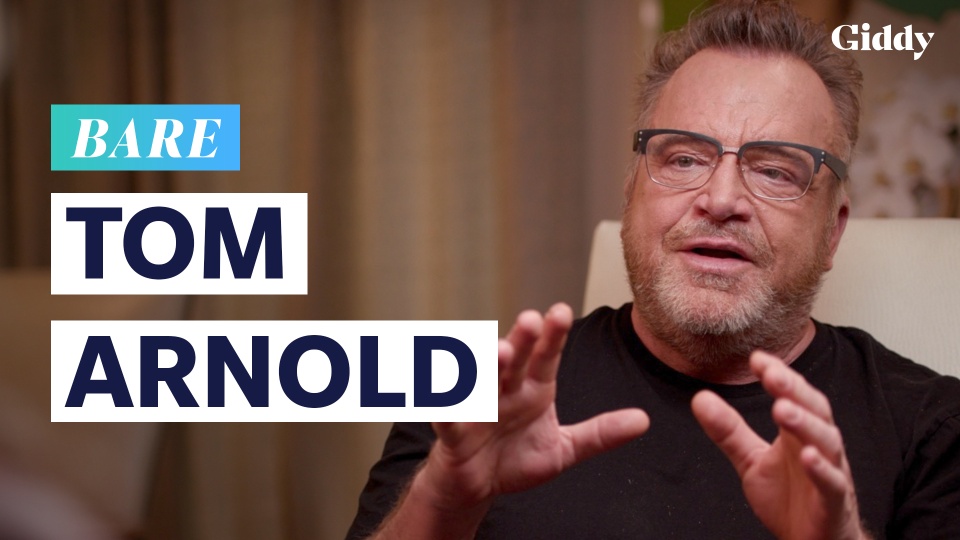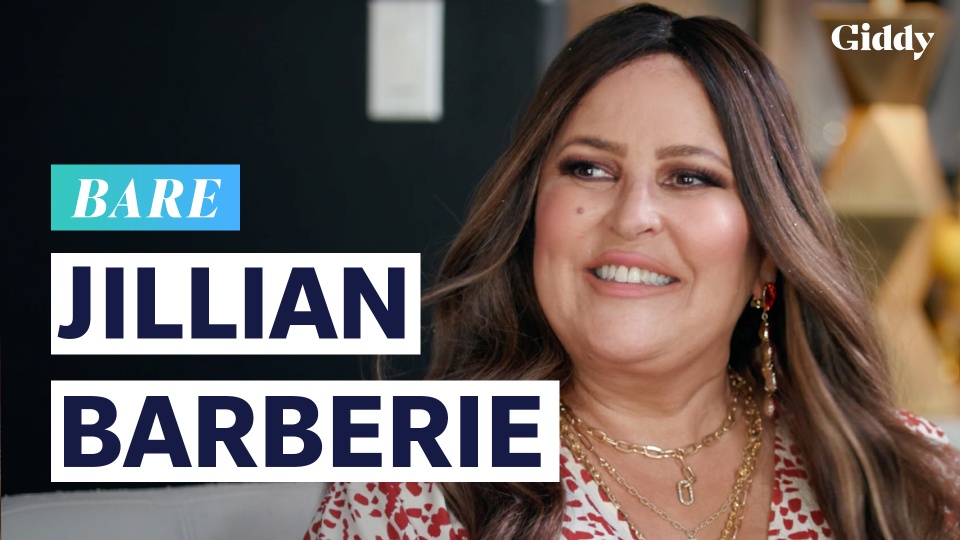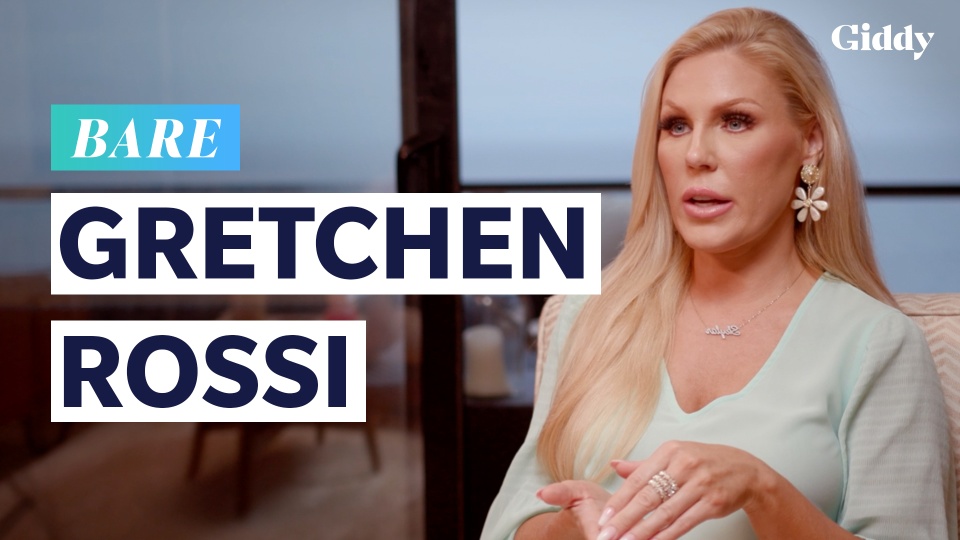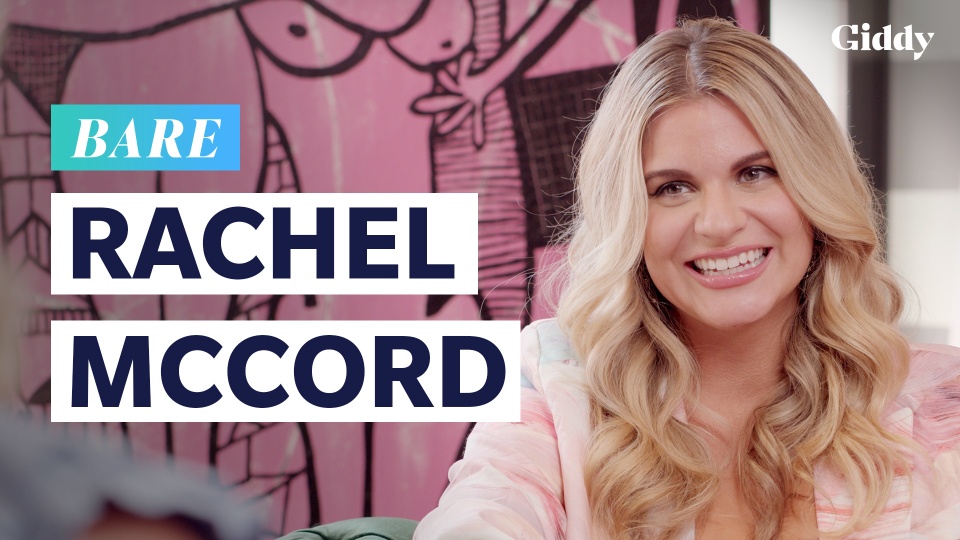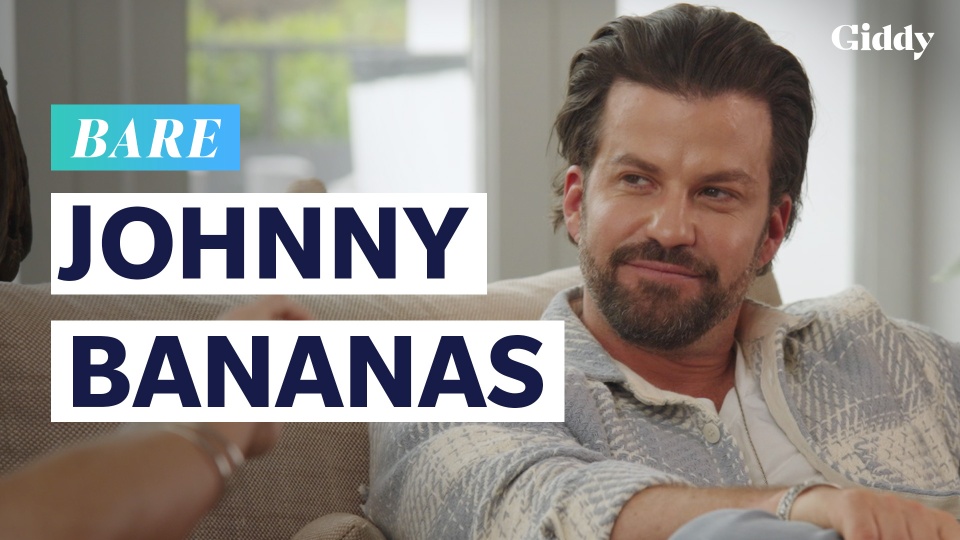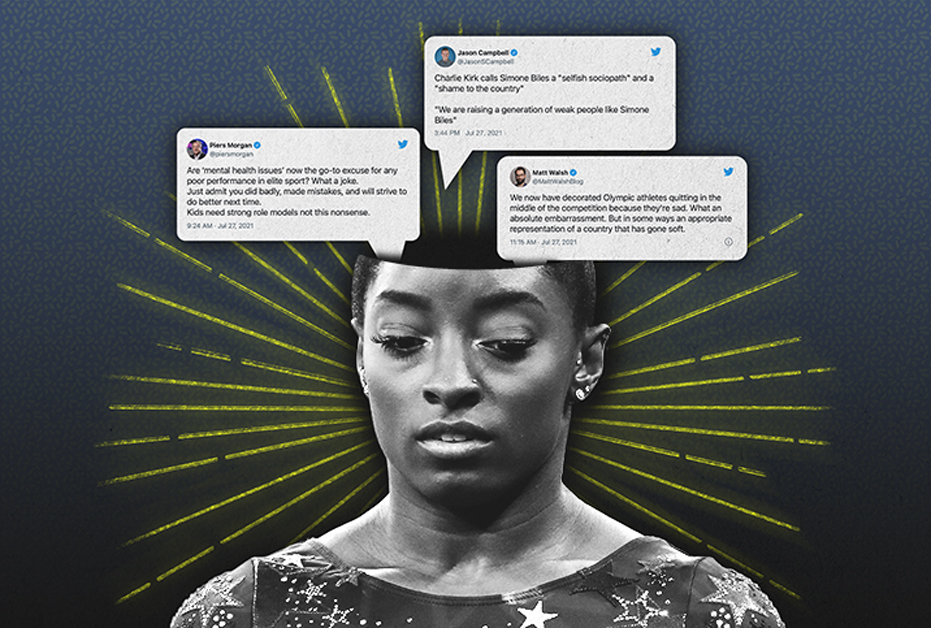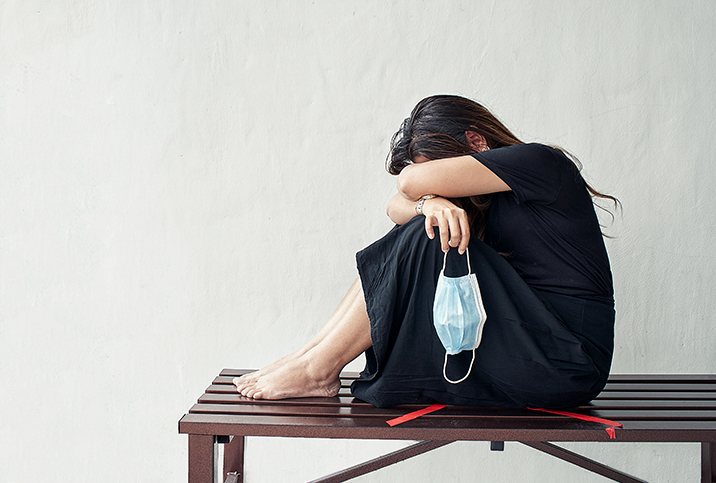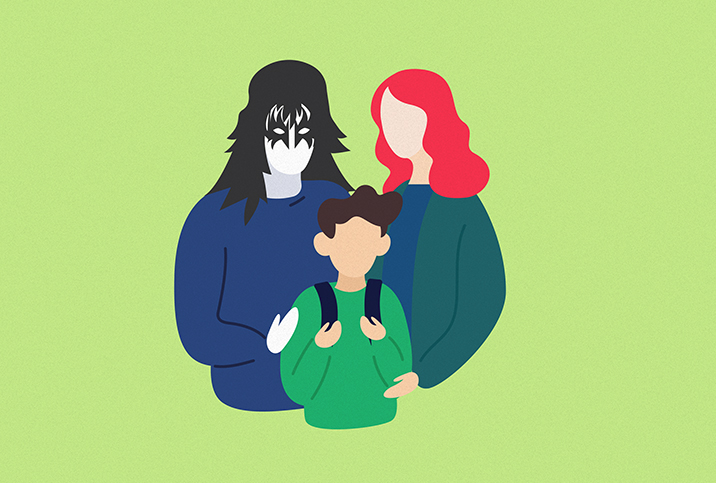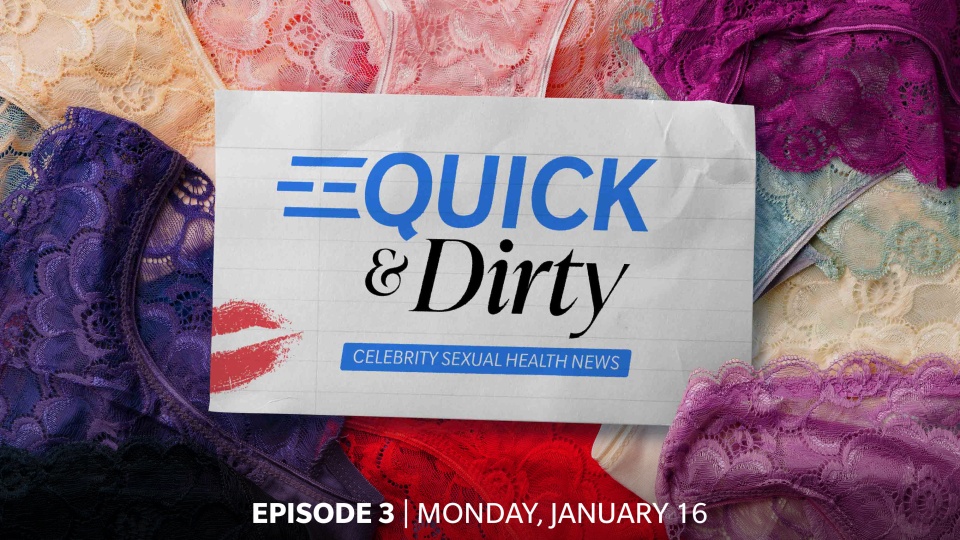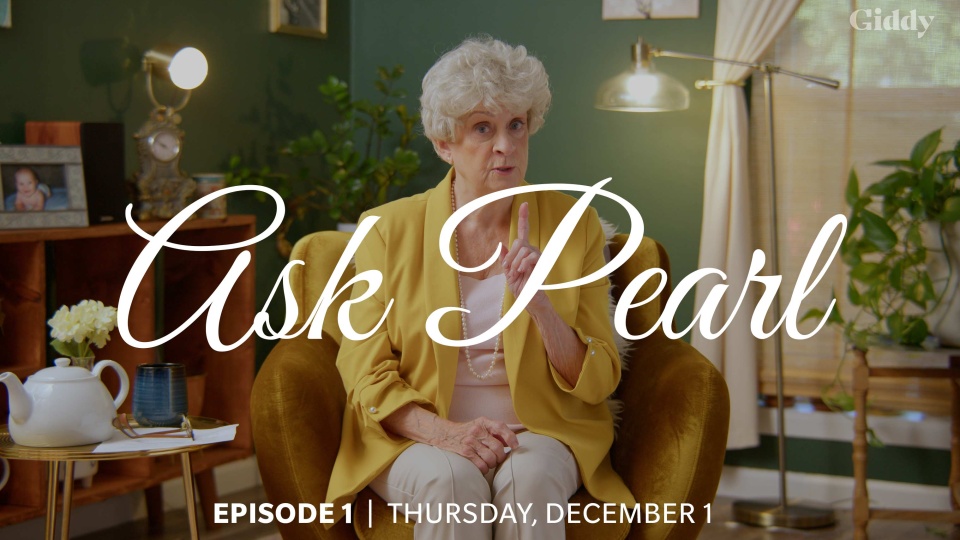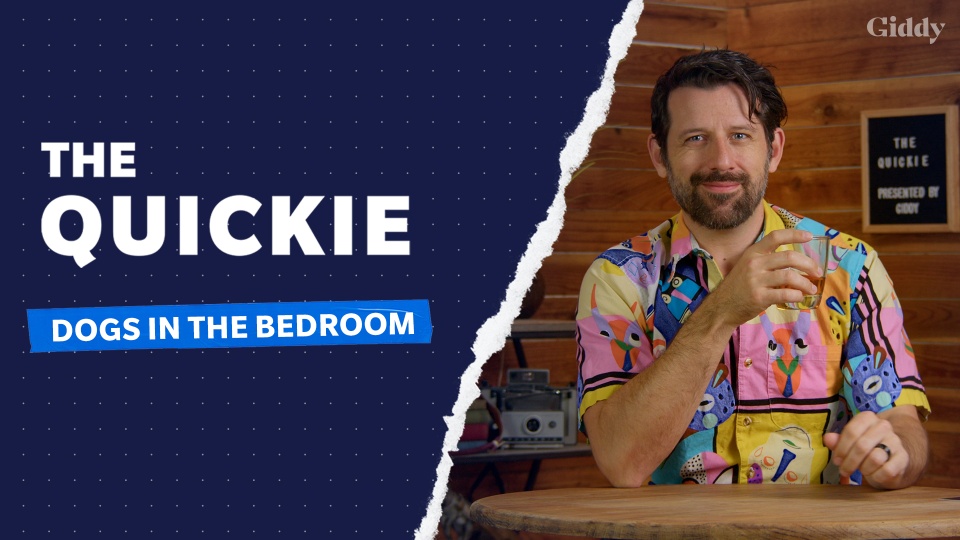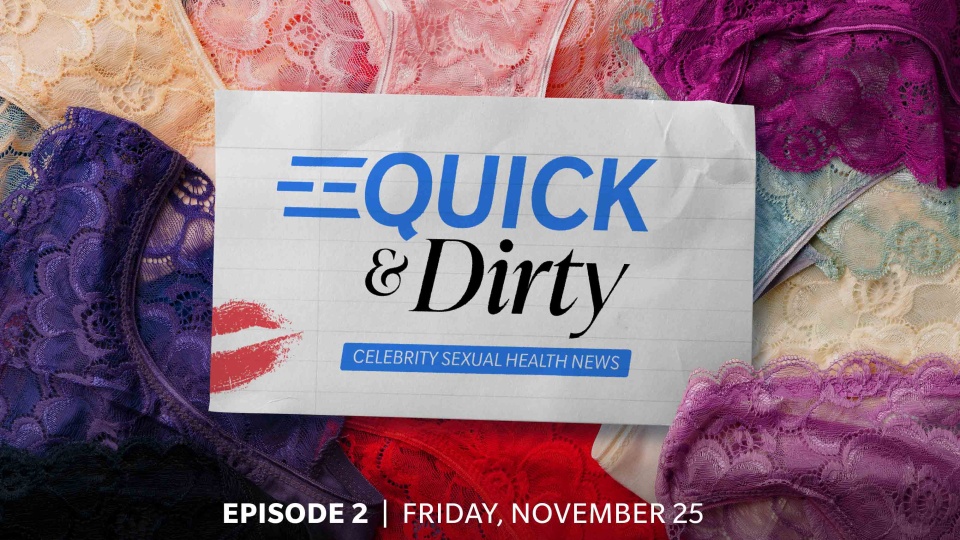Johnny Bananas on cancel culture
TV personality Johnny Bananas sits down with Giddy's Trisha Cummings to discuss his views on cancel culture and reflects on his past actions that would be considered controversial today.
More about this episode
A Conversation with Johnny Bananas
In this exclusive one-on-one conversation with Giddy's Trisha Cummings, reality star Johnny "Bananas" Devenanzio bares his views on cancel culture.
Devenanzio, known for MTV's "The Real World: Key West" and "The Challenge," says he's terrified that his career could be tarnished over past actions that are now deemed socially unacceptable. He fears his time in the spotlight may soon come to an end, after watching his friends face backlash for their previous mistakes.
Devenanzio acknowledges that he's made controversial comments in the past, but wants the public to know that he's changing as society continues to evolve.
Transcript
So you had anxiety prior to the pandemic, but you didn't actually address it because you were distracting yourself. And then in the pandemic, you were like, "Oh, this is actually a mental health issue that I need to figure out how to remedy."
Well, and another byproduct of the pandemic, which is something that, on a daily basis, just terrifies me, is the whole cancel culture.
Oh, yeah.
That really spawned during—I mean, it got bad. It existed before, but it got really bad to where now it's like, if you said or did something 20 years ago, your life could be ruined because of it. And the world has changed since I've been doing reality TV and since I've been on. I mean, it was the Wild West back in the day, as you know.
Yeah.
It was lawless. I mean, the things that you were able to say, the things that you were able to do, the way you were able to behave, society at large. I mean, you look at movies that were out back then would never be made in this day and age. You look at music. You look at just culture and society, things that were socially unacceptable that are socially unacceptable now—words, phrases, songs, movies, whatever. We live in a different day and age.
And we have evolved, I think, in some ways. I think we've devolved in other ways. But we've now evolved. And I feel like things that, in this day and age, are unacceptable or frowned upon that were different 10, 15, 20 years ago—I mean, when I started seeing things come up and tweets that people sent out when they were 14 years old coming back to haunt them 20 years later, I'm like, "I was an idiot too back then."
There's not a person on this planet that didn't say or do something out there that probably wouldn't get them jammed up if it came up. The difference is I did it in the public, under the public purview. There's a lot of people—if you weren't in the public eye, it was a lot easier to be critical of other people doing it, knowing that you probably don't have the cleanest closet either.
So yeah, when I started seeing people I knew—people from MTV, people from a bunch of other shows, people that I knew very well—I mean, it was like a bloodbath. It was like, "Who's the next one that's going down?"
Yeah.
And I got to say, that was a very, very, very terrifying time. Because it's like, it could have been anyone. Anyone could have tweeted or said something on TV that was captured on camera or whatever that, through the lens of 2010 or 2000, wouldn't even have gotten a second look. Now [it] is potentially career-ending and somewhat de-platforming. So I think that was a very scary time as well.
I mean, it's exactly what you said about how you had always found ways to distract yourself from actually acknowledging anxiety or any type of mental health. I feel like with the pandemic, cancel culture became—it was on steroids at that point. And I think that it was because of the fact that so many people were looking for things to be offended by because they were trying to distract themselves from taking that look within.
Or here's what I've always—this is what I've always found. And this is generally true for people who are trolls on social media and say nasty, negative things. Generally, well-adjusted happy people who have a life and who are content with their life, they're not the ones that are out there firing off mean tweets towards people, right?
Of course not.
It's generally the people who are negative and who are nasty and are unhappy. They're the ones. It's like, "Well, I feel like this. This person is happy, or I sense that this person is happy. I want to bring this person down to my level." So like you said, I feel like there was so many unhappy, miserable people. I mean, you're looking at me included. I think that was a time when people were just like—they just wanted to try and make them feel better by bringing other people down.
Misery loves company.
It was a deadly concoction.






